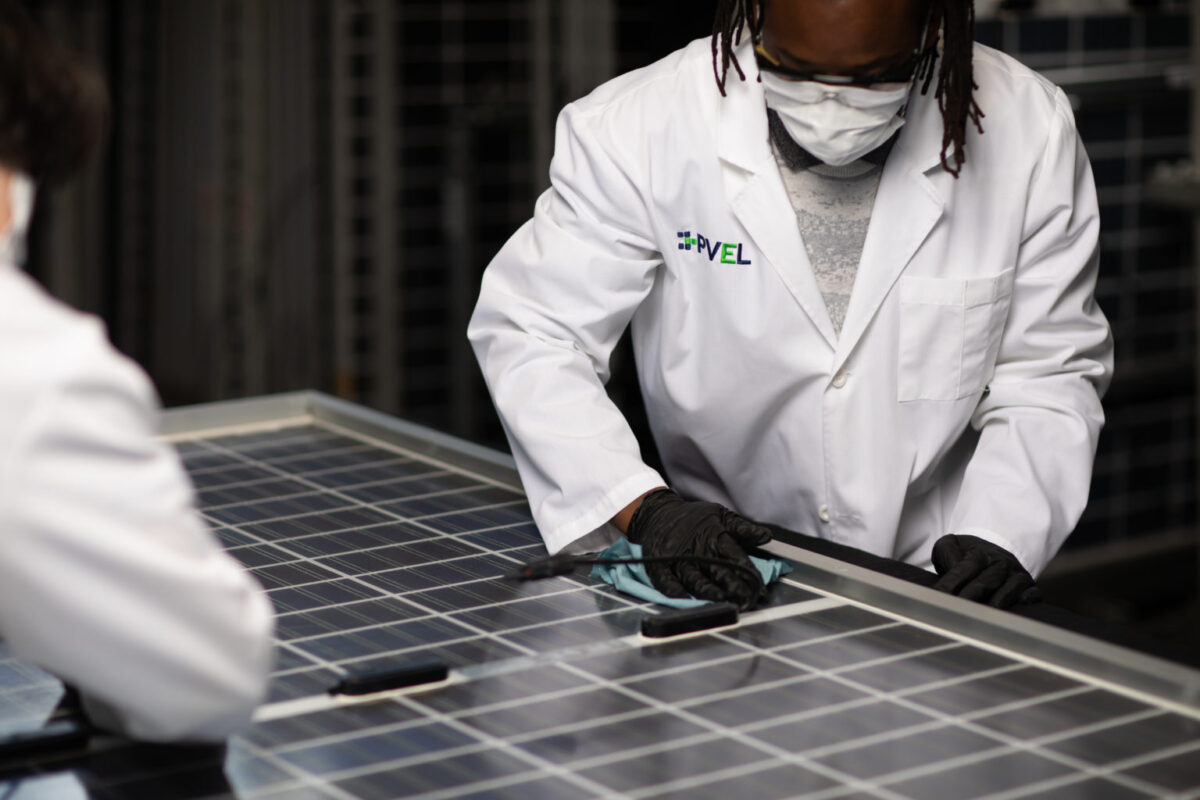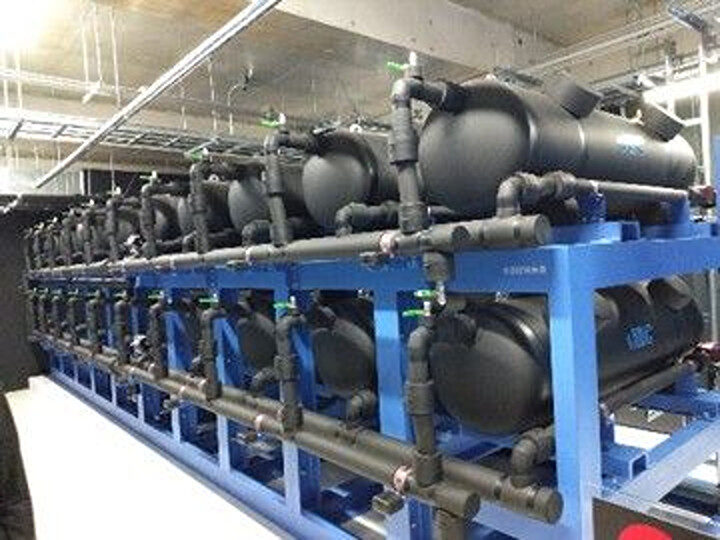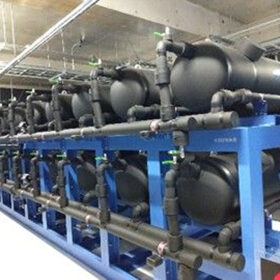From pv magazine USA
California-based PVEL, an independent test lab for the downstream solar industry, said this week that it has made several upgrades and expansions to its extended reliability and performance tests for solar modules.
The test lab expanded its Product Qualification Program (PQP), which has been offering accelerated testing services since 2012. The PQP provides empirical data for PV module benchmarking and project-level energy yield and financial modules to identify top performing PV modules.
The PQP testing helps inform the company’s annual PV Module Reliability Scorecard, which provides actionable insights for solar module procurement.
“The improvements we’ve made in this PQP update incorporate critical feedback from our downstream partners, research institutes, module and component manufacturers, and our own test results, keeping the PVEL PQP at the forefront of the growing demand for PV module procurement due diligence,” said Tristan Erion-Lorico, vice president of sales and marketing at PVEL.
The changes to the PQP include:
- A new test to address concerns around ultraviolet induced degradation (UVID)
- Refocusing the hail stress sequence (HSS) on identifying the threshold of glass breakage
- Modifying the mechanical stress sequence (MSS) to target module mechanical durability concerns
- Streamlining processes for light induced degradation (LID), damp heat (DH), light and elevated temperature induced degradation (LETID), and backsheet durability sequence (BDS) testing
Participation in PVEL’s PQP is voluntary for manufacturers and only top-performing module model types are named in the annual PVEL Scorecard. To date, PVEL has tested over 600 balance-of-materials from more than 70 manufacturers for the PV Module PQP.
“The module buying landscape has changed dramatically in recent years with advancements in module technology and new players entering the market, and in response, PVEL has focused our globally-acclaimed test program on addressing these changes,” said Erion-Lorico.
Erion-Lorico was a recent panelist on the pv magazine Roundtables US 2023 event. The session, which focused on emergent trends in solar cells and module production and adoption, can be viewed in full below.
This content is protected by copyright and may not be reused. If you want to cooperate with us and would like to reuse some of our content, please contact: editors@pv-magazine.com.








By submitting this form you agree to pv magazine using your data for the purposes of publishing your comment.
Your personal data will only be disclosed or otherwise transmitted to third parties for the purposes of spam filtering or if this is necessary for technical maintenance of the website. Any other transfer to third parties will not take place unless this is justified on the basis of applicable data protection regulations or if pv magazine is legally obliged to do so.
You may revoke this consent at any time with effect for the future, in which case your personal data will be deleted immediately. Otherwise, your data will be deleted if pv magazine has processed your request or the purpose of data storage is fulfilled.
Further information on data privacy can be found in our Data Protection Policy.